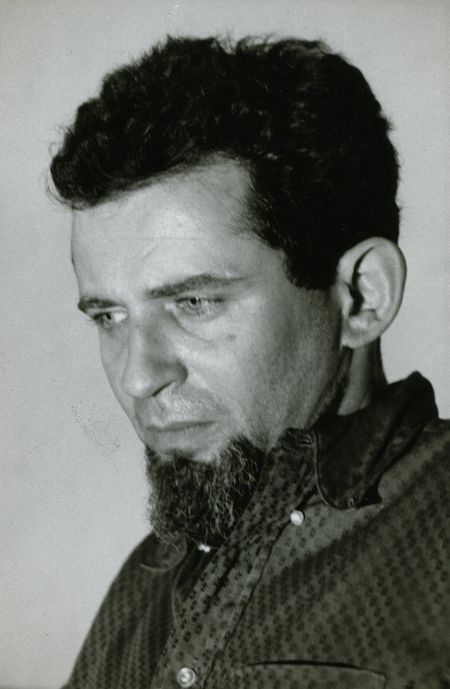O the Editing
Many apologies, O reader, for neglecting my journal, but I have been reading Norman Mailer’s journal for the past couple of weeks. More specifically, I have been copyediting the first manuscript of Lipton’s Journal for publication. Even though I have neglected my own journal, I have been learning a lot by rereading Mailer’s. His is often frenetic, honest, mystical, and confusing. He employs neologisms and abbreviations, often replacing and modifying them as he goes along. Sometimes I can’t follow him, but in other places he seems to make profound insights. If nothing else, his thoughts in the journal provide a foundation for many of his later, published ideas about life. It is a pretty seminal document.

I think one of the questions that I have about his journaling experience is whether or not the Lipton’s—cannabis or marijuana—was an integral component of the process. Sometimes he likes it, but other times he seems to regret using it. Interestingly, his insights on pot, he worries, will rob him of the spontaneity he seems convinced is a crucial part of his novel-writing. His best insight about marijuana comes near the end of the journal:
| “ | Also I have been going through terrifying inner experiences. Last Friday night when I took Lipton’s I was already in a state of super-excitation which means intense muscular tension for me. When the Lipton’s hit, and it hit with a great jolt, it was my first in a week, I felt as if every one of my nerves were jumping free. The amount of thought which was released was fantastic. I had nothing less than a vision of the universe which it would take me forever to explain. I also knew that I was smack on the edge of insanity, that I was wandering through all the mountain craters of schizophrenia. I knew I could come back, I was like an explorer who still had a life-line out of the caverns, but I understood also that it would not be all that difficult to cut the life line. | ” |
This is a dark but ecstatic vision of the world that pot seems to uncover for him, but this view coincides with his insights to human psychology, where the “Juggler” must constantly negotiate between inner desires and societal expectations while remaining true to the individual. This juggling, I can see, could drive one insane, or at least wear one out.
He only wrote two novels in the sixties, An American Dream and Why Are We in Vietnam?, both of which border on the mystical and supernatural and seem to tread this line. I like his discussion of the psychology of the artist, maybe the most important aspect of Lipton’s. For Mailer, the artist had a profound ethical responsibility to help others find their own inner truths. This ideas resonates in his work through the sixties and beyond.
The editing continues. I’ve finished with the entries and am now working the Mailer/Lindner correspondence. I plan to finished by the weekend. That’s good, as I have to finishing my fall syllabi.
